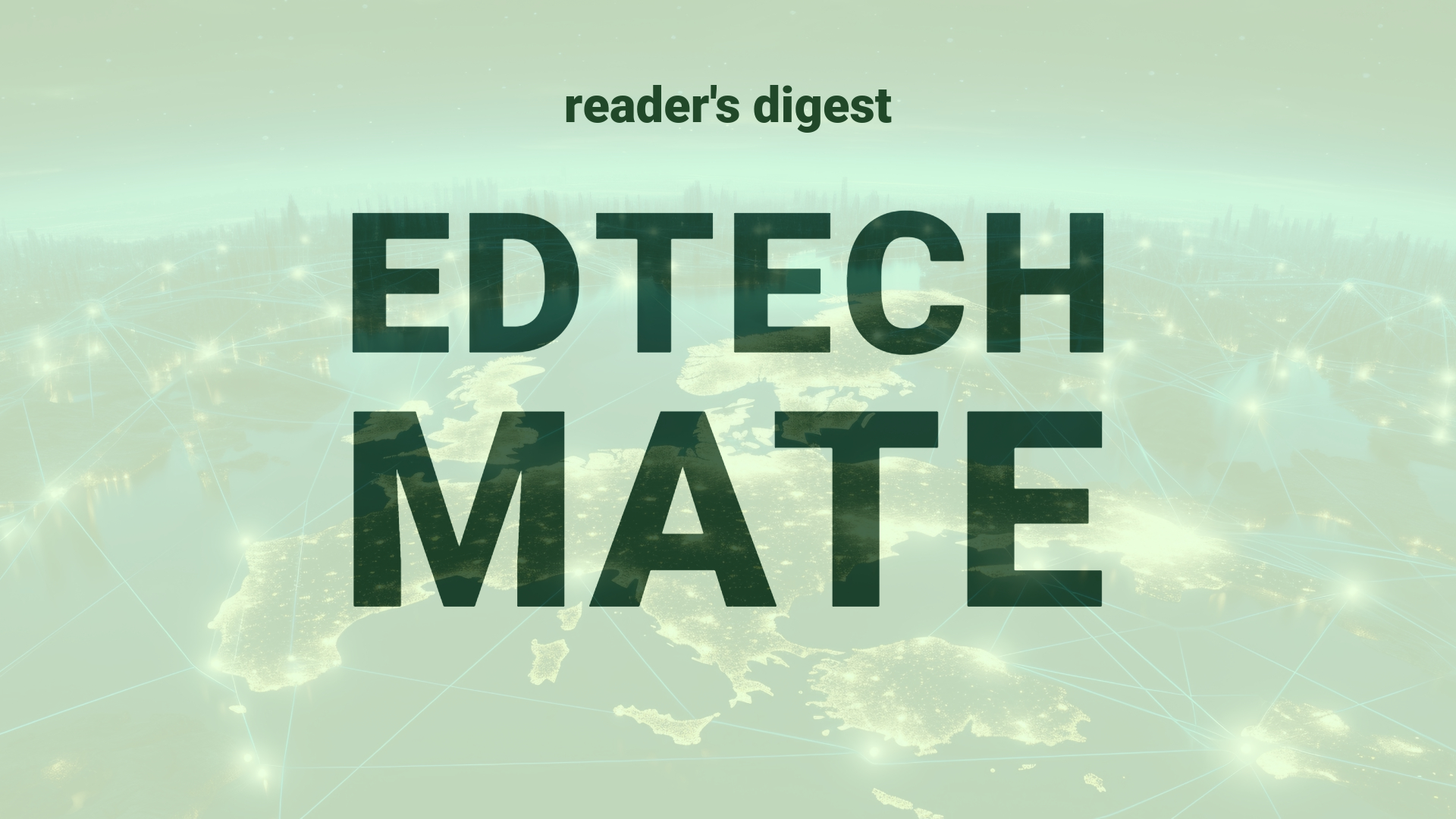Executive Summary and Main Points
The UNESCO-UNEVOC virtual conference on ‘Artificial Intelligence in education and training’, which took place from 11 to 15 November 2019 on the TVeT Forum, marked a significant convergence of global education professionals discussing the transformative role of AI in education. Key innovations discussed included adaptive learning technologies, AI-driven analytics for personalized learning, and the integration of AI tools into teaching and curriculum development. Strategies for incorporating AI into education systems and teacher training were emphasized, alongside deliberations on ensuring equitable access to these technologies.
Potential Impact in the Education Sector
The developments presented at the conference could exert a substantive impact across the education sector. In Further Education and Vocational Training, AI can be leveraged to create more personalized vocational pathways, addressing both market needs and individual learner profiles. Higher Education stands to redefine research methodologies and student engagement through data analytics and AI-enhanced learning environments. The role AI can play in the expansion and recognition of Micro-credentials could fundamentally change professional development, enabling more agile and tailored skill acquisition. The conversations also underscored the importance of strategic partnerships between educational institutions, technology developers, and governmental organizations in navigating the digital transformation landscape.
Potential Applicability in the Education Sector
AI and digital tools offer various innovative applications tailored to international education. These applications range from algorithmic customization of student learning journeys to enhanced assessment methods that adapt to student performance. AI can also assist in the prediction of future skill requirements, enabling institutions to update and refine their curricula proactively. Across the globe, AI can be a critical asset in addressing language barriers, providing real-time translation services, and democratizing access to global educational resources.
Criticism and Potential Shortfalls
Despite the optimism, a critical analysis of AI in education raises concerns about potential shortfalls. Ethical implications surrounding data privacy, consent, and the risk of algorithmic bias cannot be overlooked. Comparative international case studies suggest an unequal distribution of AI benefits, often correlating with socio-economic disparities. Cultural implications of unilateral AI deployment could threaten diverse educational traditions and practices. Moreover, the exclusivity of AI tools might inadvertently reinforce existing educational inequity if not managed carefully and inclusively.
Actionable Recommendations
For AI technologies to be effectively implemented in the realm of global higher education, education leadership must consider practical strategies. These include embedding AI literacy in teacher training programs, fostering international collaborations to develop inclusive AI tools, and creating a global framework of ethical standards for AI in education. Investing in pilot projects that test AI applications in diverse educational settings can provide valuable insights. Finally, engaging in continuous dialogue with all stakeholders, including students, educators, technologists, and policymakers can facilitate a shared vision for the future of AI in education
Source article: https://unevoc.unesco.org/article/Virtual+conference+on+AI+in+education+and+training+.html

